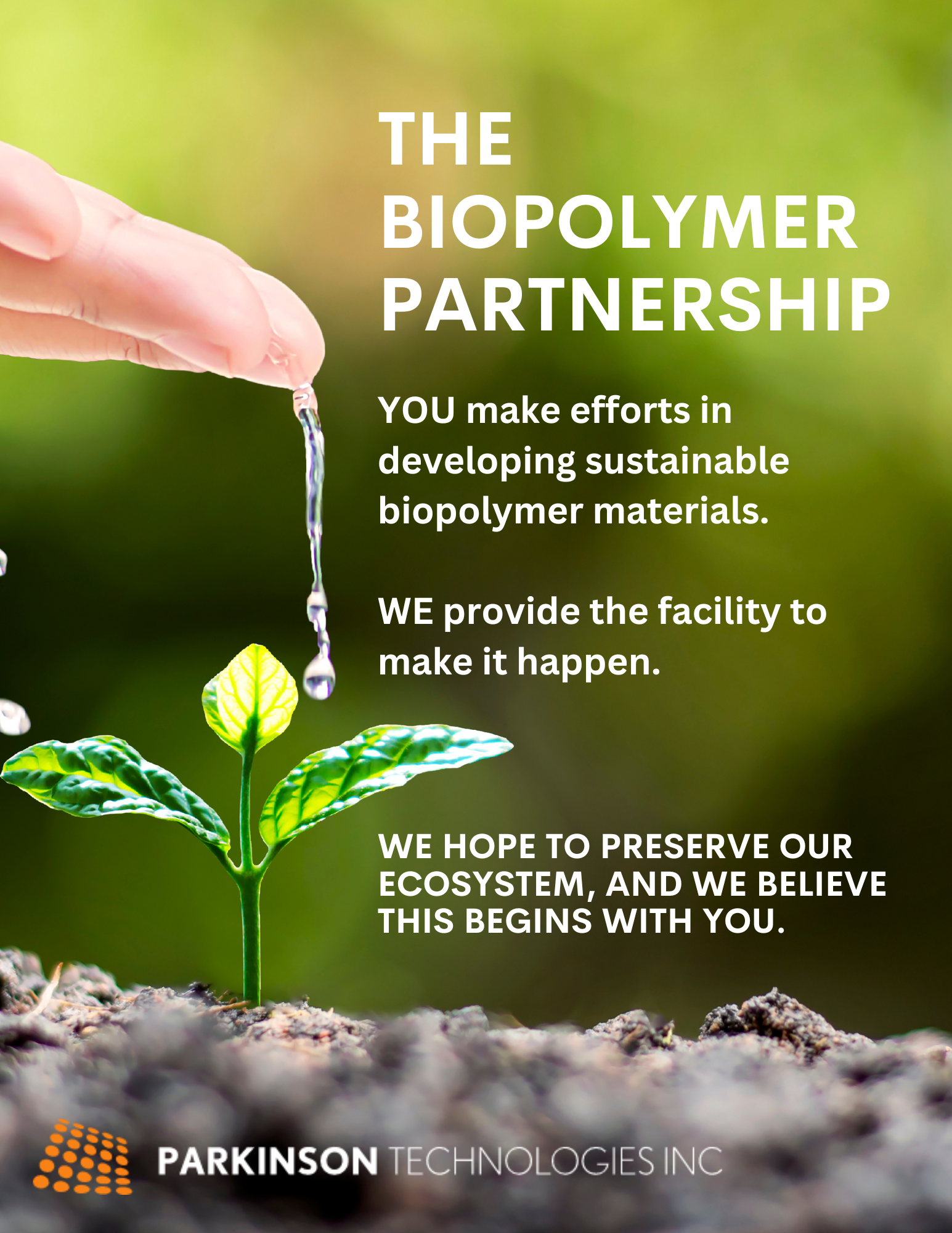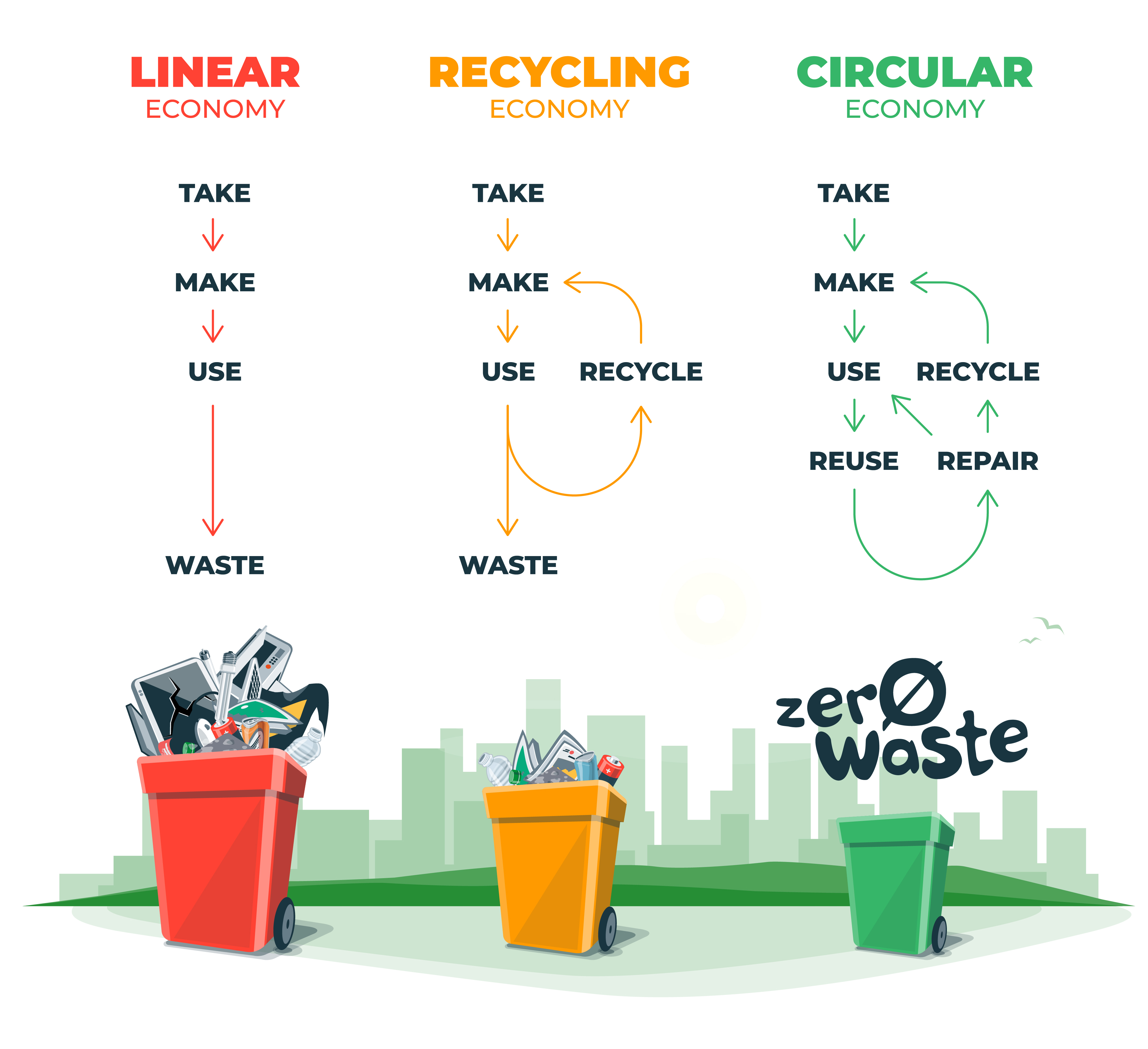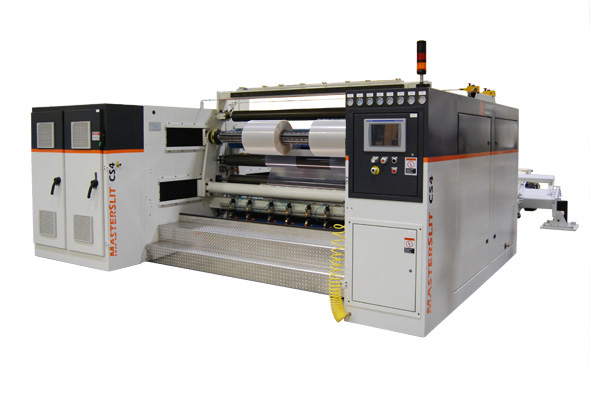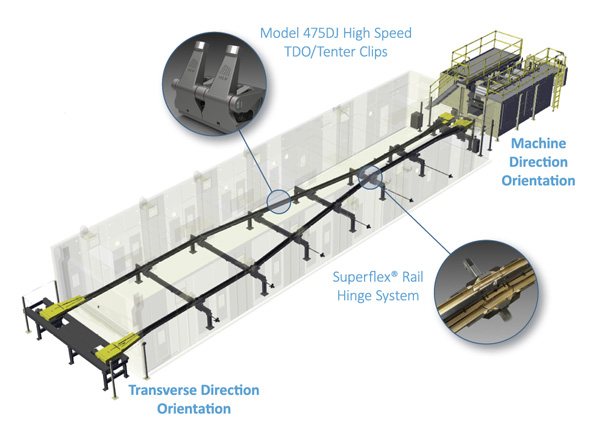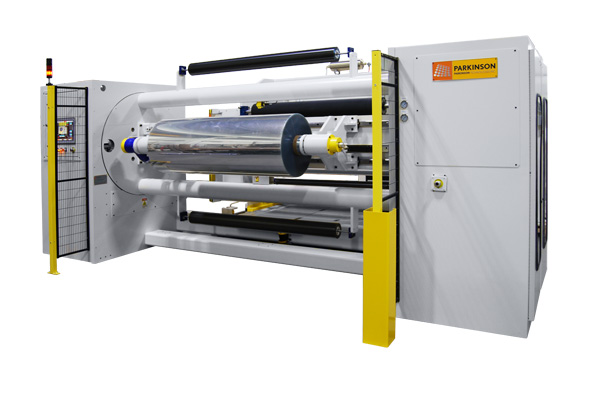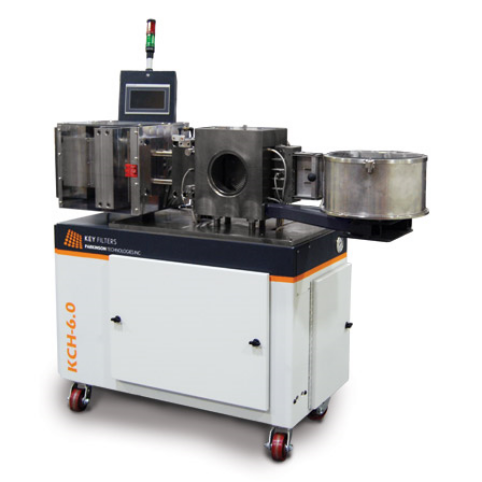At Parkinson Technologies, we pledge to make environmental sustainability a top priority for our company. Our hope is to achieve a sustainable future for the film and sheet, paper, and nonwovens industries that is also more eco-friendly to the environment. To accomplish this, we are doing our part in supporting and promoting the research of biodegradable polymer materials that could completely transform the environmental impact of the industry.
A biopolymer is made from renewable biomass resources including corn, starch, sugarcane, vegetable fats and oils, and even algae. It is considered to be more naturally sustainable, as it is composed of all renewable resources and can often biodegrade at a much more rapid pace than traditional plastic polymers. There are various types of these biopolymers, including biodegradable polymers, which break down into the natural elements of water and CO2, and bio-based polymers, which are formed from renewable resources but might not necessarily biodegrade.
At Parkinson, our technology lab is available for testing of these biodegradable polymers so that our customers have the opportunity to achieve more easily degradable polymer solutions for their products. Our aim is to contribute to this field of research as much as possible and we look forward to increasing our partnerships with bio-based polymer producers in the coming years. As an initiative for doing so, we plan to offer complimentary feasibility trials in our laboratory for all biopolymer manufacturers, in an affiliation recognized as the “Biopolymer Partnership.” If these companies have intentions to produce sustainable bio-based polymer materials for a greener earth, we want to support these efforts to help them deliver the results necessary to create real environmental change.


